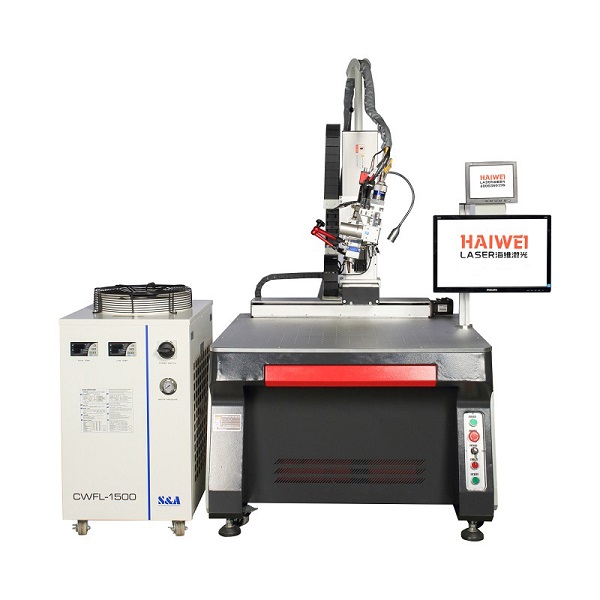Essential Maintenance Tools for Laser Welding Machines
Keeping a laser welding machine in top condition is critical for consistent performance and long-term reliability. Proper maintenance not only extends equipment life but also ensures weld quality and reduces unexpected downtime. Here are the key tools and supplies needed for effective laser welding machine maintenance.

1. Optical Cleaning Kit
The laser delivery system, especially lenses and mirrors, must stay free of dust and residue. A dedicated optical cleaning kit—including lint-free wipes, high-purity isopropyl alcohol, and clean swabs—is essential. Always follow manufacturer guidelines to avoid scratching sensitive surfaces.
2. Protective Lens and Nozzle Sets
Consumable parts like protective focus lenses and welding nozzles wear over time. Keeping spare sets on hand allows for quick replacement. Inspect these components regularly for scratches, spatter buildup, or misalignment, as they directly impact beam quality and weld consistency.
3. Alignment Tools
Proper beam alignment is crucial. Use alignment tools such as alignment scopes or IR cards to verify the laser beam path and focus position. Misalignment can cause poor welds and damage internal components.
4. Calibration Gauges and Sensors
Regular calibration ensures precision. Use contact or non-contact measurement tools to check focus position, beam centering, and motion accuracy. Some systems support integrated power meters to monitor laser output stability.
5. Air and Water Filters
Laser welding machines rely on cooling systems and assist gas lines. Replace air and water filters according to schedule to prevent clogs and overheating. Blocked filters reduce efficiency and can lead to system faults.
6. Maintenance Log and Software Diagnostics
Keep a digital or paper log of all maintenance activities. Many modern laser welding machines include built-in diagnostic software that tracks usage, errors, and service intervals—use this data to plan preventive maintenance.
Regular maintenance of your laser welding machine doesn’t require complex tools, but it does require consistency. Using the right tools correctly ensures reliable operation and supports long-term productivity in industrial applications.
Recent Posts
- What are the advantages of laser welding machines in lithium battery pack production lines?
- What issues should be noted when choosing a lithium battery pack production line?
- Quality Inspection and Control of Lithium Battery Module Pack Production Line
- Cell grouping and sorting process in lithium battery module pack production line
- What are the safety hazards of lithium battery pack production lines and how can they be prevented?
INQUIRY

